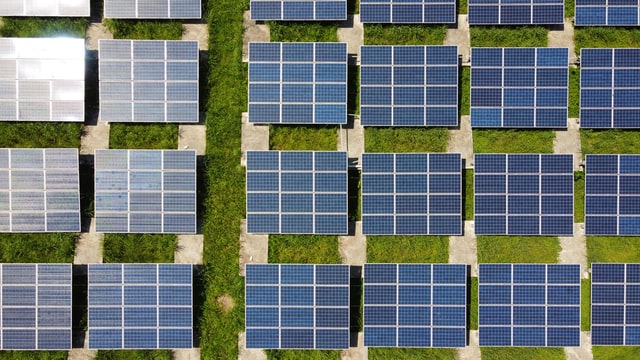
Hosting public events is fun. But having fun while jeopardizing the environment sounds a bit uncool. You won’t be the only one who pays the cost of the event—the environment also pays the price.
On the bright side, you can shift to hosting sustainable and befitting events! As the event industry moves toward promoting sustainability, some event planners managed to come up with ways to integrate sustainable practices into their events. From the event planning stage to the actual event, they drastically changed to reduce their negative impacts on the environment.
Likewise, you can do it for your events, too! After all, making an effort to show your care for the planet will surely pay off in the long run. So, without a second thought, check out these practices to transform your public events into sustainable events.
- Work With Eco-Conscious Partners
Regardless of the size of the event, be sure to work with caterers, vendors, or organizations that also consider the elements of sustainability. Together, you can come up with proactive practices such as opting for the use of an environmentally friendly marquee, skipping heaps of packaging, avoiding single-use cutlery, and many more. Such methods can help reduce or prevent the accumulation of bulk wastes.
- Choose A Green Venue
Choosing the venue is among the most impactful decision for a sustainable event. Public events must be held on a site that has designated sustainability plans—such things can make a big difference. Fortunately, there are quite a number of convention centers that place significant importance on their impacts on the environment. Among their initiatives include the use of solar power, incorporation of living walls, and so on.
- Go Paperless
If you’re really willing to save a tree, then you must conduct paperless events – it’s the simplest option. Any public event can do this! Here are a few ways to do so:
- Skip printed invitations and provide digital passes or tickets instead. Through this, the attendees could escape ticket dramas and any related costs.
- If printed materials are really required, opt for double-sided printing – it saves paper.
- Skip the personalization of event elements. Event information flyers, for instance, can no longer be reused. Rather, make use of event applications to disseminate essential information about the event. Similarly, table numbers may not need to be printed repeatedly. You can laminate table numbers so they’re still usable for the following events.
- Cut Down Attendee’s Transportation
During the event planning stage, some event planners forget about their guests/attendee’s choice of transportation. When an event requires its attendees to fly, commute, or use their own cars, their carbon footprints will likely increase. Therefore, distance and transportation must be considered.

One way to reduce an event’s impact on the environment is by encouraging its attendees to go carpooling. With shuttle services, they can meet up in a particular location and then travel together at once. Through this, they’re not just attending the event sustainably, but they’re also arriving on time.
- Reduce Energy Consumption
Public events can harmonize with technology in a ‘green’ way, too! Here are examples of doing so:
- Take advantage of the sunlight and hold the events during the day.
- Opt for solar-powered charging stations. This will be perfect for sunny outdoor events to provide attendees with quick charging.
- Make use of low-watt lighting options like LEDs.
- Incorporate solar panels into the venue.
- Ditch Environmentally Unfriendly Decorations
Pretty balloons and confetti may increase an event’s attractiveness; however, they could harm the environment too. Animals present during the event might swallow such plastics. Likewise, fresh bouquets may be perfect for table décor and such; but they can be costly and non-reusable.
- Establish More Efficient Waste Management
Most public events tend to produce vast amounts of wastes—guides, tickets, banners, food leftovers, and many more. But to minimize its negative impacts on the planet, the event planners must emphasize the importance of efficient waste stations at the venue. There must be visibly labeled bins around the area to promote recycling, and any organic wastes must be separated for future composting.
- OptFor Sustainable Food And Beverages
If a public event involves serving food and drinks to the attendees, their options must be for sustainability, too. Here are ways to do so:
- Skip the purchase of individually bottled drinks or water. Instead, set up a dispenser or glass pitchers.
- Serve condiments like sugar and creamers in bulk.
- Encourage the compost of organic wastes.
- Favor more on local produce. Or, you can find caterers who use locally-grown and organic ingredients.
Final Thoughts
Any events are believed to give their attendees unforgettable memories. However, an event can become more memorable if you know in your heart that you planned it with clear motives of sustainability. That being said, make more efforts to consider and implement eco-friendly ways for your next events, and you’ll see for yourself how the environment will thank you.



